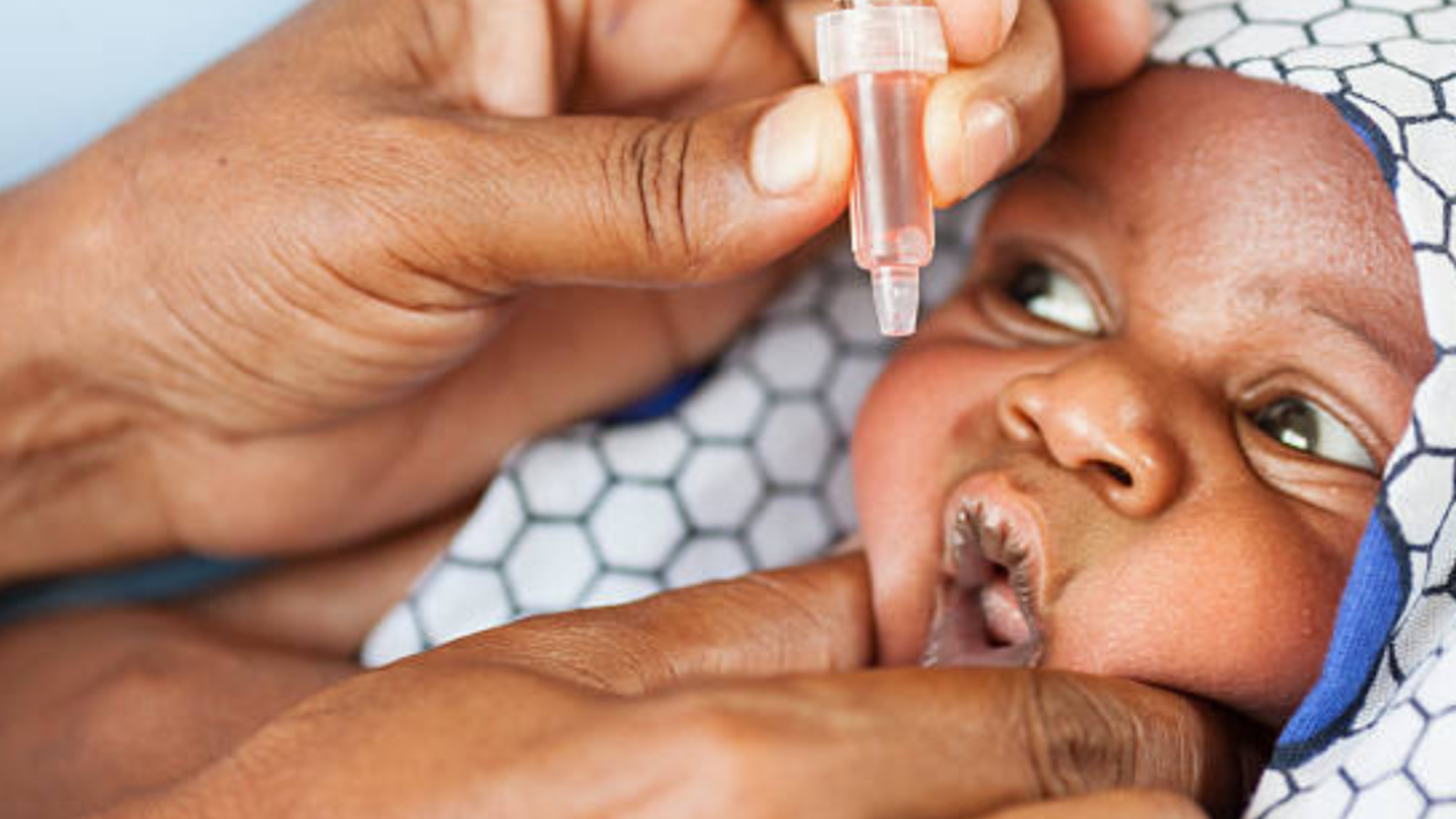Access to healthcare is a fundamental right, yet for many living in rural areas of Cameroon, it remains a significant challenge. In this blog post, we delve into the transformative impact of mobile clinics on rural health in Cameroon, exploring how these innovative healthcare delivery models are bridging the gap between communities and essential medical services.
Healthcare Disparities in Rural Communities
Rural communities in Cameroon often face formidable barriers to accessing healthcare. Limited infrastructure, sparse medical facilities, and a shortage of healthcare professionals contribute to disparities in health outcomes. For individuals living in remote areas, seeking medical care can entail long and arduous journeys, making routine check-ups, preventive care, and timely treatment unattainable luxuries.
Bringing Healthcare to the People: The Concept of Mobile Clinics
Recognizing the urgent need to address these disparities, organizations like the Battiston Lyonga Foundation (House of Hope) have pioneered the concept of mobile clinics. These mobile healthcare units are equipped with essential medical supplies, diagnostic tools, and personnel, enabling them to travel directly to rural communities and provide on-the-spot healthcare services. By eliminating geographical barriers and bringing healthcare to the people, mobile clinics have become a lifeline for underserved populations.
Improving Access to Essential Services
One of the primary benefits of mobile clinics is their ability to improve access to essential healthcare services. By visiting remote villages and settlements, mobile clinics ensure that individuals who would otherwise struggle to access medical care can receive the attention they need. From general check-ups and vaccinations to maternal care and treatment for common ailments, mobile clinics offer a comprehensive range of services tailored to the specific needs of each community.
Early Detection and Prevention
Mobile clinics play a crucial role in early detection and prevention, helping to identify health issues before they escalate into more serious conditions. Through screenings, health assessments, and education, healthcare professionals working in mobile clinics can identify risk factors, provide timely interventions, and empower individuals to take proactive steps to safeguard their health. By catching health problems early, mobile clinics can prevent complications and improve health outcomes in rural communities.
Empowering Communities
Beyond the provision of medical services, mobile clinics empower rural communities to take charge of their health and well-being. By engaging community members in health education sessions, promoting healthy lifestyles, and fostering partnerships with local organizations, mobile clinics build trust, raise awareness, and inspire positive health behaviors. Through these efforts, communities become active participants in their own healthcare, leading to sustainable improvements in health and quality of life.
Measuring Impact and Ensuring Sustainability
The impact of mobile clinics on rural health in Cameroon is profound but must be continually evaluated and sustained. Monitoring health outcomes, collecting feedback from community members, and adapting services to evolving needs are essential steps in ensuring the long-term effectiveness of mobile clinics. Additionally, partnerships with government agencies, local health providers, and other stakeholders are critical for securing resources, support, and collaboration necessary for sustained success.
Conclusion: Transforming Rural Health Through Innovation
In conclusion, mobile clinics represent a powerful innovation in healthcare delivery, offering a lifeline to rural communities in Cameroon. By bringing essential medical services directly to the people, mobile clinics are breaking down barriers, improving access, and transforming health outcomes. As we look to the future, continued investment in mobile clinics, alongside efforts to strengthen health systems and address underlying determinants of health, will be essential in achieving health equity for all Cameroonians, regardless of where they live.



Add a Comment